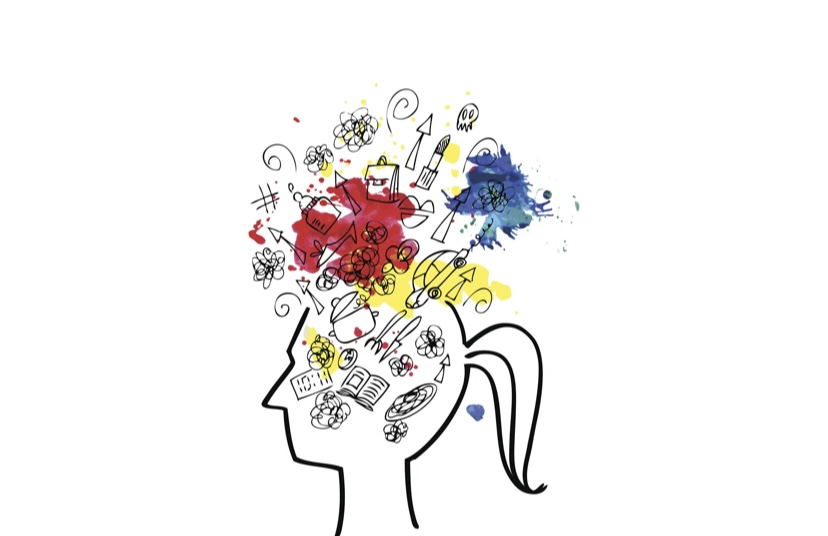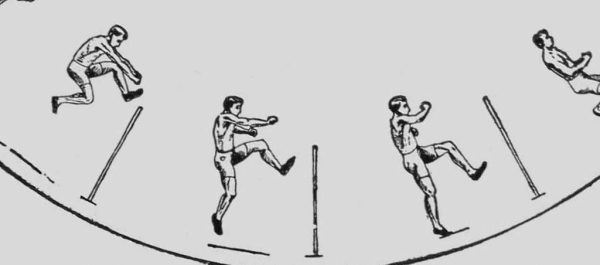Bringing awareness to ADHD
ADHD is a mental disorder that many Americans struggle with everyday. Although it is deemed a disorder, people with ADHD can still be successful.
October 22, 2020
Attention Deficit Hyperactivity Disorder (ADHD) is one of the most common conditions found in children and often lasts into adulthood. ADHD causes people to have a harder time paying attention, increases impulsive behaviors, and often includes being overly active. Although ADHD is sometimes discussed as a cause of all of those things, there is more to the disorder than just being hyper-active.
October is ADHD Awareness Month, and it is very important that society corrects common misconceptions associated with this condition. Too often, ADHD is considered a behavioral choice and “not a real disorder.” This can lead children, or anyone who has received a diagnosis, to feel stigmatized. However, ADHD is much more common than many realize. According to a 2015 study from the Centers for Disease Control, an estimated 6.1 million children in the United States between the ages of 2-17 years old have been diagnosed with ADHD. Though once considered to be something that only affected children, about 4% of American adults over the age of 18 deal with ADHD. Of the adults diagnosed, 5.4% are male versus 3.2% female. Women are less likely to be diagnosed than men because women are supposedly characterized as being more talkative or moody, so they are not diagnosed or treated as quickly as men.
The cause of ADHD is generally genetics, meaning that most cases are inherited by parents or other family members. A common misconception is that the disorder can be caused by eating too much sugar, food additives, allergies, and immunizations. However, there is no evidence that these factors cause ADHD.
Although hyper-activity is a symptom shown in people who have ADHD, there are many more factors that can tell doctors that a patient might have.. Symptoms include trouble focusing, poor planning, a struggle to multitask, disorganization, and mood swings. Being improperly diagnosed can lead to more problems in the future; depression, anxiety, and extreme sadness are all symptoms of being undiagnosed.
ADHD is a real disorder that many people struggle with everyday. People diagnosed with the disorder describe it as having many people all talking at the same time, and your brain is trying to listen to each conversation. It can be very hard to perform everyday tasks when your brain feels like it is getting in the way of success. Senior John Lewis said, “I get distracted very easily, and it’s hard to focus for a long time. Although I have ADHD, I still know I can be successful.”
There are many people that have been diagnosed with ADHD. With treatment and support, anyone with this disorder can live a successful life. If you struggle with ADHD, or you know someone that does, remember that this disorder does not define you. If any of the aforementioned symptoms of ADHD are relevant to you, it might be worth getting tested so that you can receive help too!











